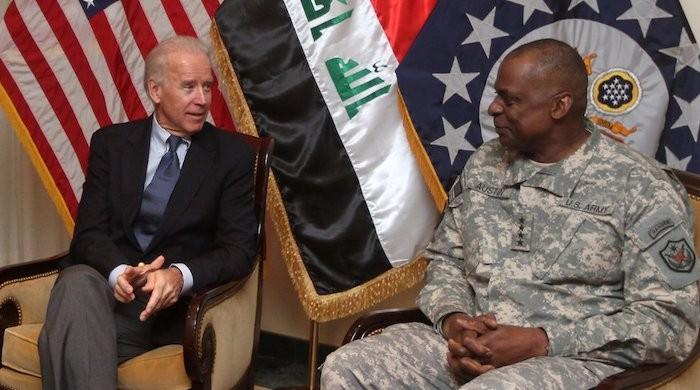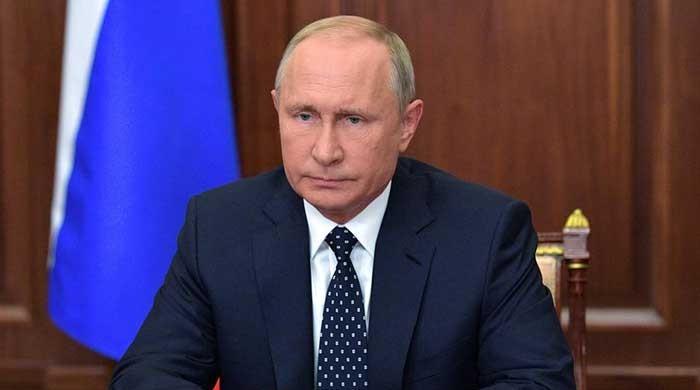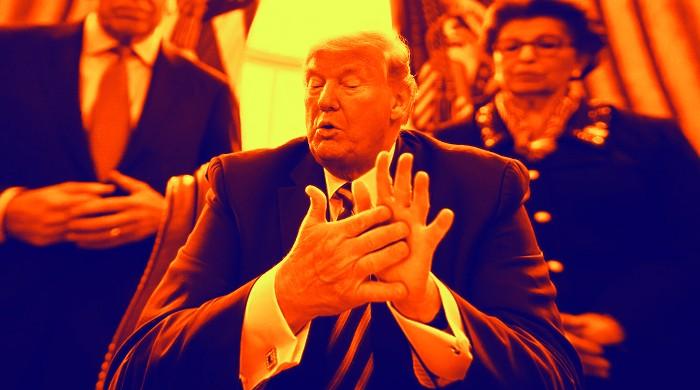The march of En Marche!
Like Barack Obama’s and Justin Trudeau’s campaign, Macron has so far let his words do the work
May 08, 2017
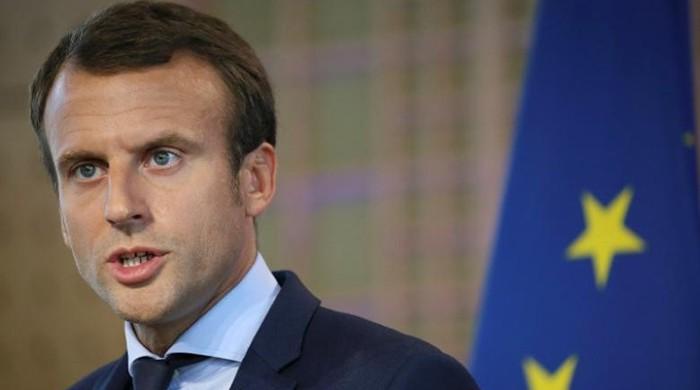
For France's president-elect Emmanuel Macron, the easy bit is over. At 39, Macron will be the youngest president of France since Napoleon Bonaparte. That’s good because he will need all the energy and charm he can muster to “fight the divisions that undermine France”. No wonder Marine Le Pen hit the dance floor right after conceding defeat in the highly polarised French presidential election. The far-right, anti-EU, anti-immigration leader knows well that the road ahead for centrist Macron is full of murky puddles, to say the least. She’s ready to take the fight where it goes and will probably enjoy doing so.
Let’s start with the numbers. In the first round of voting, Macron topped with 24% votes and Marine Le Pen came second with 21.3 %. The Republican, Left and Socialist candidates bagged 20%, 19.6% and 6.4% respectively, with a combined total of 46% votes. So basically, half of France voted for the top two candidates while the other half voted for the next three. After their defeat in the first round, the three losing parties urged their voters to back Macron and reject Le Pen. Round two saw Macron win the presidency with 66% votes and Le Pen in the main opposition with 34% votes. Macron picked up the majority votes of first round supporters of the Republican, Left and Socialist parties, so subtracting their vote means that Macron on his own received roughly the same percentage of votes as Le Pen. Much of his support from other political parties stemmed from the general need to defeat Le Pen.
That’s not very comforting. But that’s also not to say that Macron’s win isn’t remarkable, considering that as a centrist independent he campaigned for less than a year without a traditional party and with no experience of governing.
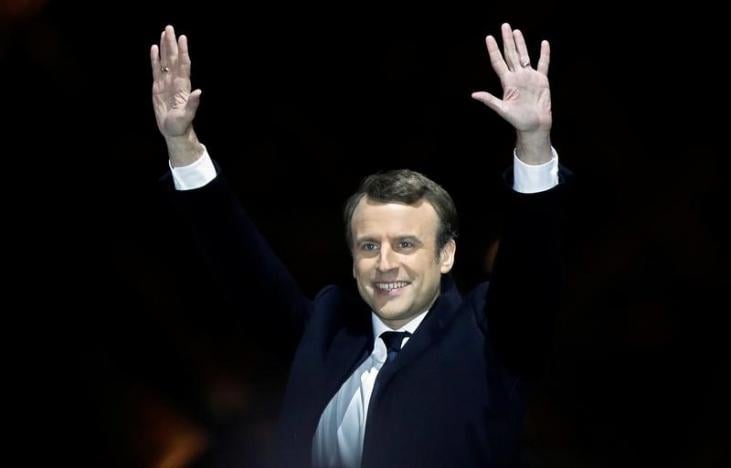
French President-elect Emmanuel Macron celebrates on the stage at his victory rally near the Louvre in Paris - Reuters
The voting trend does, however, reflect a deeply fractured French nation and the failure of Charles de Gaulle’s Fifth Republic politicians in coping with the economic challenges of globalisation and immigration. With not a second to spare Macron will have to first expand and gear up his En Marche! party for June’s parliamentary elections. The party is less than a year old and currently, has no MP in the 577-member National Assembly. Macron has a tough task ahead convincing voters to give his parliamentary candidates a chance or else he will have to compromise with other mostly left parties in order to push through his legislative agenda. If that happens, Macron might not prove to be as effective a president as his voters expect him to.
Like Barack Obama’s and Justin Trudeau’s campaign, Macron has so far let his words do the work. After the festivities, he’ll have to pick up the shovel and start actual work. This election saw a voter turnout lower than any French election since 1981. (“Only 65.3% voted, more than 25% of the electorate abstained from voting while a record 11.5% of ballots were left blank or spoilt”). This means that one-third of French voters were not happy with the candidates on offer, neither Macron nor Le Pen. The high rate of abstention could play to Le Pen’s favour by upsetting the cart in June parliamentary polls. Ms Le Pen is not to be taken lightly. Even though she has failed to rally winning votes, her political performance thus far has improved by every election since she became the leader of the Front National in 2011.
Over two rounds, French voters rejected candidates of all the traditional mainstream political parties for failing to address high unemployment, economic stagnancy, social vulnerability, heightened security concerns, immigration and integration woes. This is one helluva task, especially in a country like France which has little patience with ineptitude. Macron can’t afford to lose sight of the succession of republics since the French Revolution: five in 225 years.
For the upcoming parliamentary campaign, Macron will have to win over not only the abstainers and those who continue to sit the fence but also the traditionalists and leftists who are sceptical of his political vision.
Munazza Siddiqui is Executive Producer with Geo News and Editor Jang-The Economist annual edition. She tweets @munazza193





